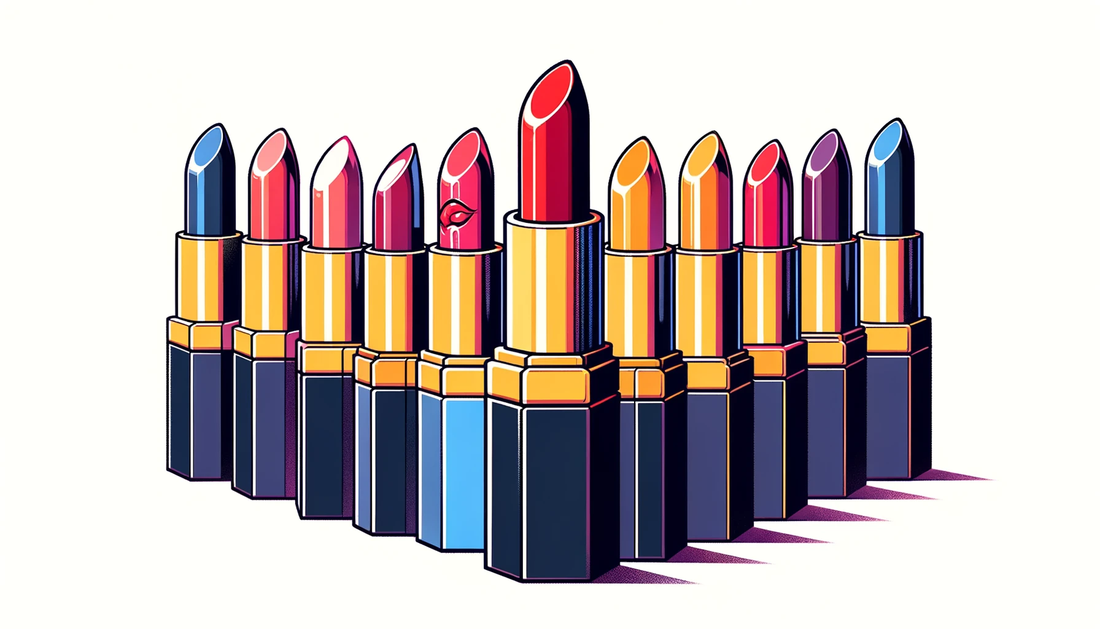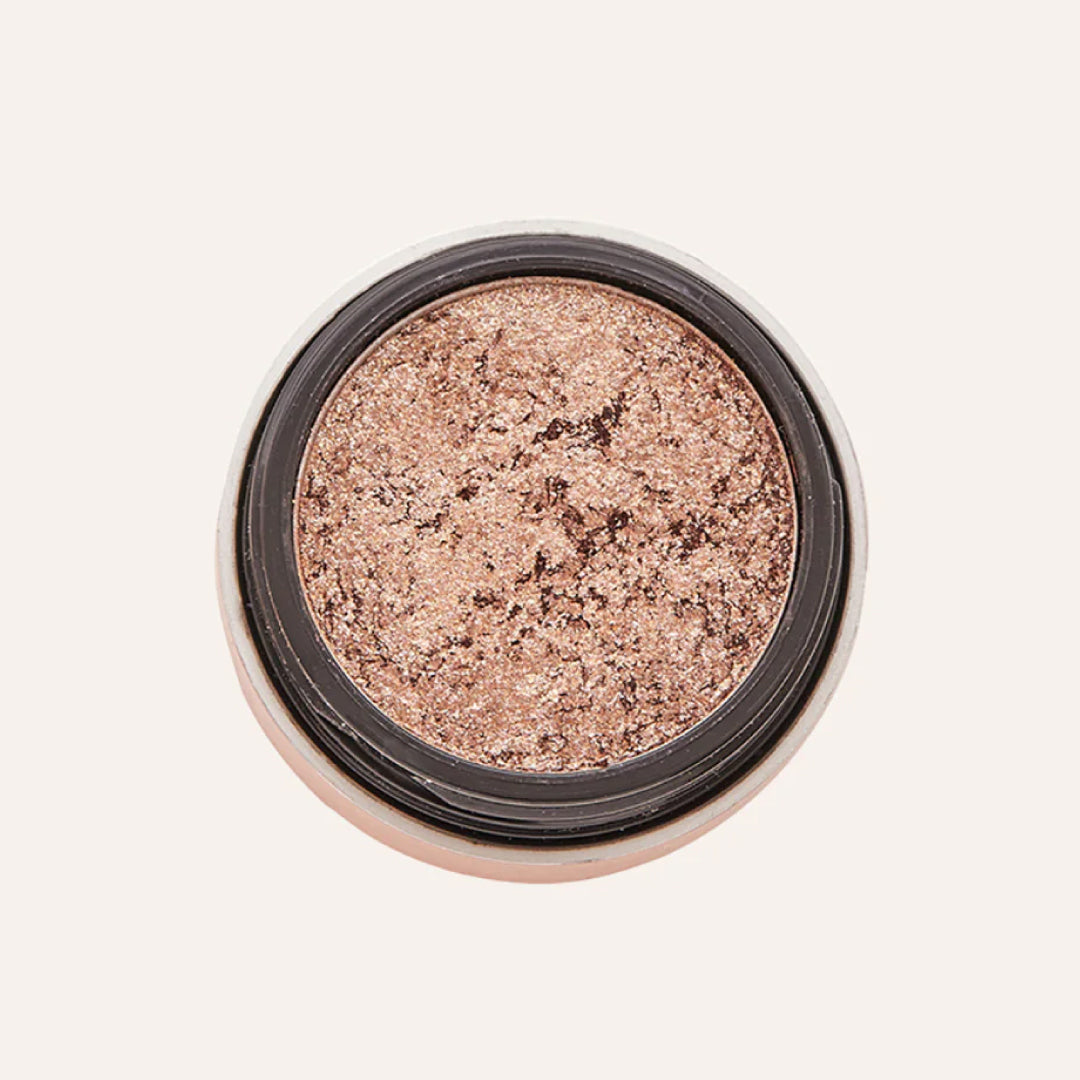- Flat 450 Off above 1999 | Flat 250 Off above 1399
- Flat 450 Off above 1999 | Flat 250 Off above 1399
- Flat 450 Off above 1999 | Flat 250 Off above 1399
- Flat 450 Off above 1999 | Flat 250 Off above 1399
- Flat 450 Off above 1999 | Flat 250 Off above 1399
- Flat 450 Off above 1999 | Flat 250 Off above 1399
- Flat 450 Off above 1999 | Flat 250 Off above 1399
- Flat 450 Off above 1999 | Flat 250 Off above 1399
- Flat 450 Off above 1999 | Flat 250 Off above 1399
- Flat 450 Off above 1999 | Flat 250 Off above 1399
- Flat 450 Off above 1999 | Flat 250 Off above 1399
- Flat 450 Off above 1999 | Flat 250 Off above 1399
Tips for Choosing the Right Lipstick Color for You
Maya Deiss
In this article, we will provide you with essential tips for selecting the ideal lipstick color that complements your skin tone and brings out the best in you. Whether you have fair, medium, or dark skin, we've got you covered. We will also discuss how to determine your undertones and the role they play in picking the most flattering shades.
Are you tired of purchasing lipstick shades that don't suit you? Choosing the right lipstick color can enhance your natural beauty, boost your confidence, and complete your overall look. But with so many options available, it can be overwhelming to find the perfect shade for your complexion and personal style.
In this article, we will provide you with essential tips for selecting the ideal lipstick color that compliments your skin tone and brings out the best in you. Get ready to rock the perfect pout!
Understanding your skin tone
Determining the right lipstick color starts with understanding your skin tone. Skin tones are typically categorized into fair, medium, and dark. Fair skin tones have a lighter complexion, often with pink or peach undertones. Medium skin tones have a more olive or tan complexion, while dark skin tones have a deeper, rich complexion.
When choosing a lipstick color, it's important to consider your skin tone as it can greatly impact how the shade looks on you. Certain colors may appear too harsh or washed out depending on your skin tone. By understanding your skin tone, you can narrow down your options and find shades that will complement your complexion.
Determining your undertone
In addition to your skin tone, determining your undertone is crucial in finding the perfect lipstick color. Undertones are the subtle hues beneath your skin's surface that can be warm, cool, or neutral. Warm undertones typically have hints of yellow, while cool undertones have hints of pink or blue. Neutral undertones have a balanced mix of warm and cool tones.
To determine your undertone, look at the veins on your wrist. If they appear green, you likely have warm undertones. If they appear blue or purple, you likely have cool undertones. If you can't clearly determine the color, or if your veins appear blue-green, you likely have neutral undertones.
Understanding your undertone will help you choose lipstick colors that harmonize with your natural complexion. Warm undertones tend to look best with shades that have warm undertones themselves, while cool undertones pair well with shades that have cool undertones.
The role of lipstick undertones
Lipstick also has undertones, just like your skin. These undertones can be warm, cool, or neutral. Warm undertones in lipstick are often associated with shades that have hints of orange, red, or coral. Cool undertones in lipstick are associated with shades that have hints of blue or pink. Neutral undertones are often more balanced and versatile.
When selecting a lipstick color, consider the undertones in both your skin and the lipstick itself. For example, if you have cool undertones, a lipstick with warm undertones may clash and not enhance your natural features. By choosing a lipstick color with undertones that complement your skin's undertones, you can achieve a harmonious and flattering look.
Choosing the right shade for fair skin
Fair skin tones have the advantage of being able to pull off a wide range of lipstick shades. However, certain colors tend to be more flattering than others. For a classic look, opt for a red lipstick with blue undertones. This will create a striking contrast against your fair complexion.
If you prefer a more natural look, nude shades with pink or peach undertones can add a subtle touch of color without overpowering your complexion. Soft pinks and light corals are also great choices for a fresh and youthful appearance. Steer clear of shades that are too dark or too light, as they can wash out your fair skin.
Choosing the right shade for medium skin
Medium skin tones have the versatility to experiment with a wide range of lipstick colors. For a bold and glamorous look, opt for rich reds with warm undertones. This will create a stunning contrast against your medium complexion. Deep berries and plum shades can also add drama and sophistication to your overall look.
If you prefer a more natural look, nude shades with caramel or beige undertones can enhance your lips without overpowering your complexion. Warm pinks and corals are also flattering options that add a touch of freshness. Avoid shades that are too light, as they may blend in with your medium skin tone.
Choosing the right shade for dark skin
Dark skin tones have the advantage of being able to pull off vibrant and bold lipstick colors. Deep reds with warm undertones can create a stunning and dramatic look on dark skin. Rich plums and berries are also flattering choices that add depth and intensity to your lips.
For a more natural look, nude shades with brown or bronze undertones can enhance your lips without overpowering your complexion. Deep pinks and bright oranges are also great options for a pop of color. Steer clear of shades that are too light or too cool, as they may appear ashy on dark skin.
Considering your hair color and eye color
When choosing a lipstick color, it's important to consider your hair color and eye color as well. These factors can further enhance or clash with your chosen shade. For example, if you have warm undertones and red hair, a warm-toned red lipstick can create a stunning monochromatic look.
If you have cool undertones and blue eyes, a cool-toned pink or berry lipstick can make your eyes pop. Experimenting with different combinations can help you find the perfect balance and create a cohesive look.
Testing and trying on lipstick colors
Once you have an idea of the lipstick colors that will complement your skin tone, undertone, and other features, it's time to start testing and trying on different shades. Visit a makeup counter or store that allows you to swatch and try on various lipstick colors.
Apply the lipstick directly on your lips and observe how it looks in different lighting. Take note of how the color complements your complexion and enhances your natural features. Don't be afraid to step out of your comfort zone and try shades you wouldn't normally consider. You may be pleasantly surprised by the results!
Considering the occasion and personal style
When choosing a lipstick color, it's important to consider the occasion and your personal style. A bold red lipstick may be perfect for a formal event or a night out, while a nude or subtle pink shade may be more appropriate for everyday wear or a professional setting.
Experimenting with different finishes, such as matte, satin, and glossy, can also add variety to your lipstick collection. Matte finishes tend to be more long-lasting and sophisticated, while satin and glossy finishes can create a more youthful and luscious look.
The quest to find your perfect lipstick shade: Final remarks.
Choosing the right lipstick color is all about understanding your skin tone, undertone, and personal style. By considering these factors, along with your hair color and eye color, you can confidently select shades that enhance your natural beauty and complete your overall look.
Remember to experiment, try on different shades, and step out of your comfort zone. The perfect lipstick shade is waiting for you to discover it. So go ahead, rock that perfect pout and embrace your unique beauty with the right lipstick color for you!













